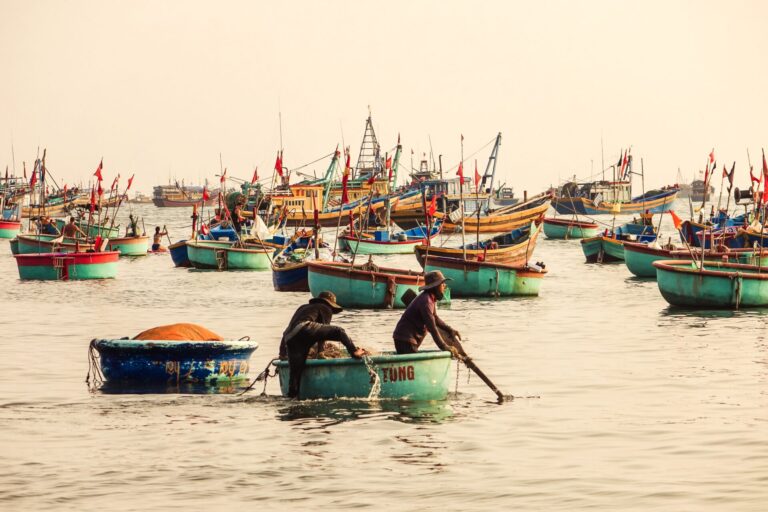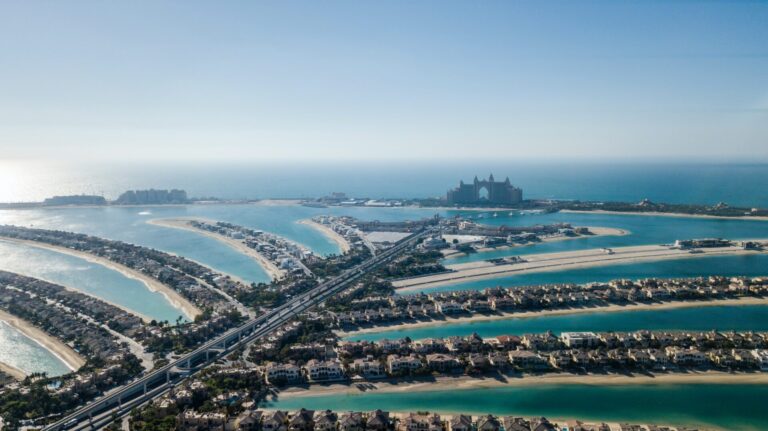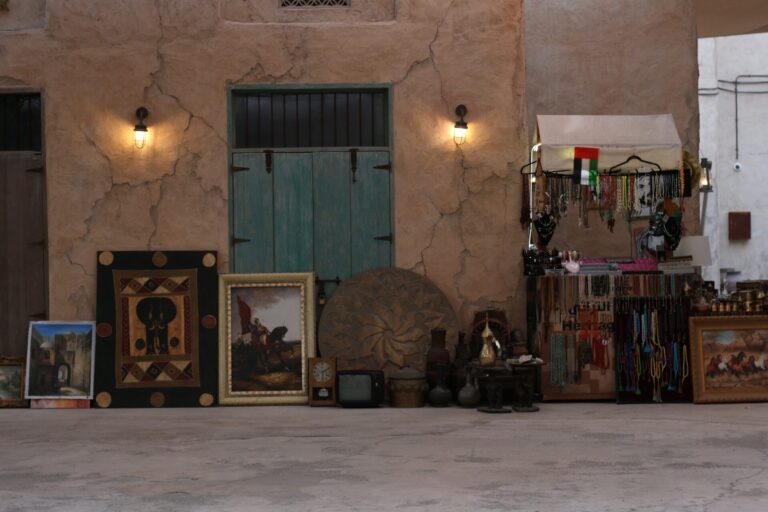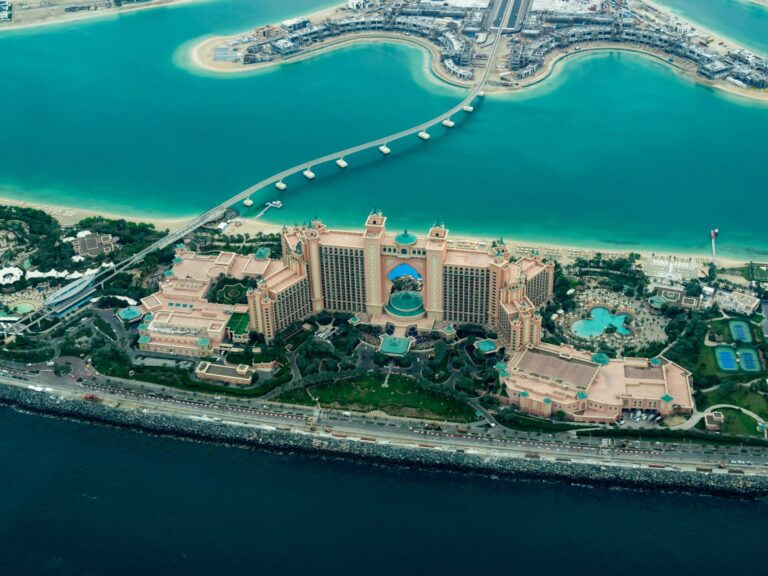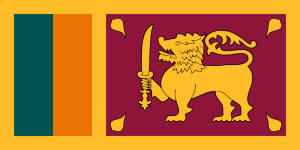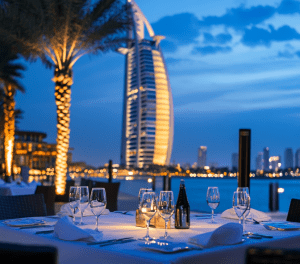Dubai, a global city and business hub in the United Arab Emirates, is a...
Dubai
Passive income is the money earned without active involvement in the income-generating activity. Dubai,...
Dubai is known for its stunning architecture and engineering marvels, but perhaps one of...
Dubai’s development story is an inspiring one, filled with visionary leaders, daring entrepreneurs, and...
Dubai is a city that offers many opportunities for expats to invest in property....
